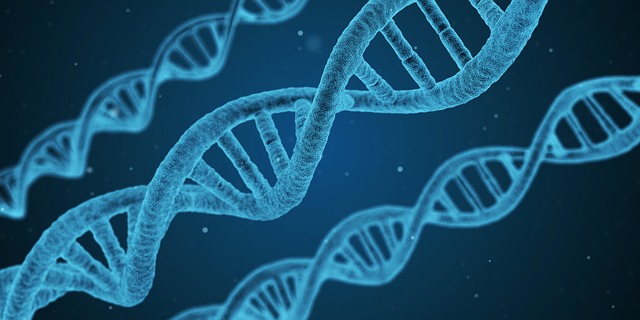I’ve spent quite a bit of time working in behavioral health on medication related questions. One question that has come up a few different times is genetic testing and antidepressants. Many antidepressants are metabolized by the enzyme CYP2D6. Let’s take fluoxetine for example.
A 35 year old female has been placed on fluoxetine 20 mg once daily. She has not responded to therapy within 8-12 weeks and the dose is increased to 40 mg daily. Still, she hasn’t had much improvement in her depression. Now what? Do we spend time to do genetic testing? Do we raise the dose to 80 mg? Do we go to an agent that may not have the primary metabolic pathway of 2D6? Is something else going on? Non-response to antidepressants is a common thing and the next step/answer is not always a simple, easy choice.
Genetic testing could be a useful tool here. If it is found that the patient would be a rapid metabolizer of CYP2D6 substrates, this would indicate that the patient may require a higher dose as she quickly metabolizes the drug and reduces serum concentrations. The challenge I have in genetic testing is that it is not a perfect predictor, because we have other factors that have to be considered.
The first and obvious question of any patient who is not responding is are they actually taking the medication. Genetic testing cannot determine that for you.
The other question I would have which is probably more relevant in the geriatric polypharmacy patient is are they other drugs that are messing with the 2D6 enzyme.
With genetic testing and antidepressant use, we still may be limited by FDA approved max doses, so if someone is a rapid metabolizer, there’s really no guidance if we can go above and beyond the usual maximum recommended dosing.
Enjoy the blog? So do over 5,000 Meded101.com subscribers. Follow the blog and get a free educational gift!



Interesting. I’ve been a bit skeptical of pharmacogenomics as well. It seems that effective dose ranges of Prozac for example, range from 20-80mg/day to account for interpatient variability (age, weight, gender, other meds, genetic polymorphisms both in the liver and other major systems).
If you told me taking genetic test prior to starting an antidepressant would reduce the need to switch to an alternative by 50% and increase the likelihood of depression remission by 25% versus having a doctor choose based on empirical knowledge that might have have value.